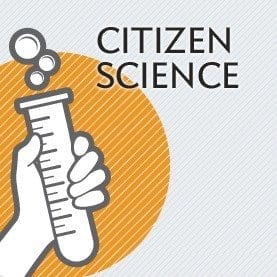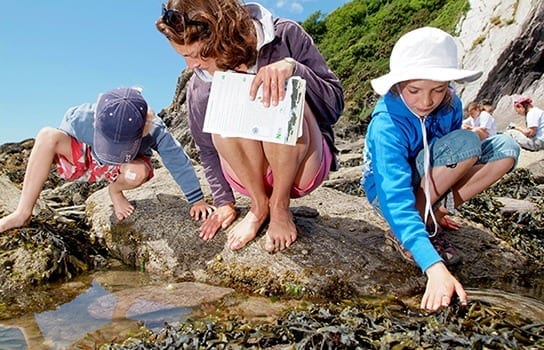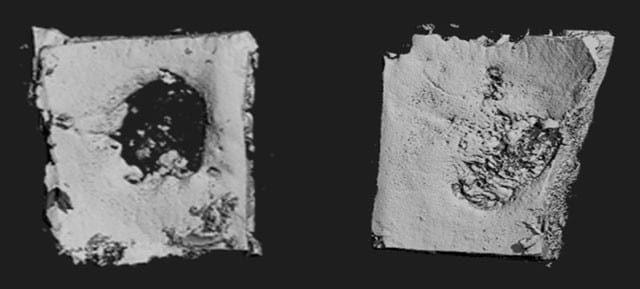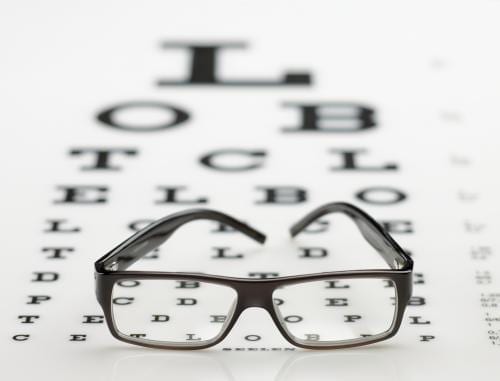
These mobile tools help you become a citizen scientist, whether you’re documenting wildlife or measuring the effects of light pollution
Mobile applications for smartphones, tablets and other gadgets can turn just about anyone into a citizen scientist. App-equipped wireless devices give users worldwide the ability to act as remote sensors for all sorts of data as they go through their daily routines—whether it’s invasive garlic mustard weed in Washington State or red-bordered stinkbugs in Quintana Roo, Mexico.
Smartphones can automate data collection and incorporate many important data-gathering functions—such as capturing images, audio and text—into a single tool that can “stamp” the date, time and geographic coordinates associated with an observation, says Alex Mayer, a civil and environmental engineering professor at Michigan Technological University. Mayer is leading a project with Michigan Tech colleague Robert Pastel, an associate professor of computer science, and a group of students to develop new citizen science mobile apps.
Their Cyber Citizens project, which began in 2011 with a grant from the National Science Foundation, is dedicated to producing mobile and Web-based tools each semester that help everyday people collect environmental information. The project enlists the efforts of Michigan Tech grad and undergrad students studying a number of different disciplines, including computer science, scientific and technical communication, and psychology. The students design the apps in collaboration with scientists at their university and elsewhere, including professional anthropologists, ecologists and ornithologists. Cyber Citizens has four apps in beta: Beach Health Monitor, Lichen AQ (Air Quality), Mushroom Mapper and Ethnographer. “All our mobile apps are for the Android platform, since it’s open, so developers have more freedom,” Pastel says.
The popularity of data gathering by lay people, greatly facilitated by the ease and convenience of mobile devices, has helped entire communities dedicated to citizen science form around efforts like Marine Debris Tracker and Project Noah. In addition, the Web site SciStarter lists more than 600 active citizen science projects around the world, one third of which are powered by mobile apps.
Go deeper with Bing News on:
Citizen scientists
- What is a Moorish sovereign citizen?
Moorish sovereign citizens are, according to the Anti-Defamation League, “primarily Black and often pepper standard sovereign citizen beliefs with additional concepts or terminology derived from the ...
- Citizen scientists help discover record-breaking exoplanet in binary star system
A team of astronomers and citizen scientists has discovered a planet in the habitable zone of an unusual star system, including two stars and potentially another exoplanet.
- What is a sovereign citizen? A look at antigovernment belief that has led to violence
A man killed Saturday in a shootout with Polk County sheriff's deputies was identified as a member of the sovereign citizen movement by Sheriff Grady Judd.
- Bear-tracking study celebrates citizen science in Alberta's grizzly country
An Alberta study celebrates how citizen scientists can help researchers better protect populations of the elusive grizzly bear. But critics say that without more government action, the species will ...
- 'Citizen scientists' help NASA discover over 1,000 new asteroids using Hubble Telescope
NASA said volunteers scanned 19 years' worth of images from the Hubble Telescope, using a new approach that could lead to other discoveries.
Go deeper with Google Headlines on:
Citizen scientists
[google_news title=”” keyword=”Citizen scientists” num_posts=”5″ blurb_length=”0″ show_thumb=”left”]
Go deeper with Bing News on:
Citizen science
- Bear-tracking study celebrates citizen science in Alberta's grizzly country
An Alberta study celebrates how citizen scientists can help researchers better protect populations of the elusive grizzly bear. But critics say that without more government action, the species will ...
- 'Citizen scientists' help NASA discover over 1,000 new asteroids using Hubble Telescope
NASA said volunteers scanned 19 years' worth of images from the Hubble Telescope, using a new approach that could lead to other discoveries.
- Exploding stars send out powerful bursts of energy − I'm leading a citizen scientist project to classify and learn about these bright flashes
Swift is a multiwavelength space telescope that scientists are using to find out more about these mysterious gamma-ray flashes from the universe.
- Across the Finish Line! Citizen Science Month Final Days.
One Million Acts of Science challenge met, but lots of important project work is still left!
- You might find a rare species in your backyard: How global citizen science contributes to biodiversity knowledge
While it can be hard for us to notice as we go about our busy lives, cities are filled with indigenous plants, fungi, insects, spiders and other little creatures, as well as birds, frogs and reptiles.
Go deeper with Google Headlines on:
Citizen science
[google_news title=”” keyword=”citizen science” num_posts=”5″ blurb_length=”0″ show_thumb=”left”]










